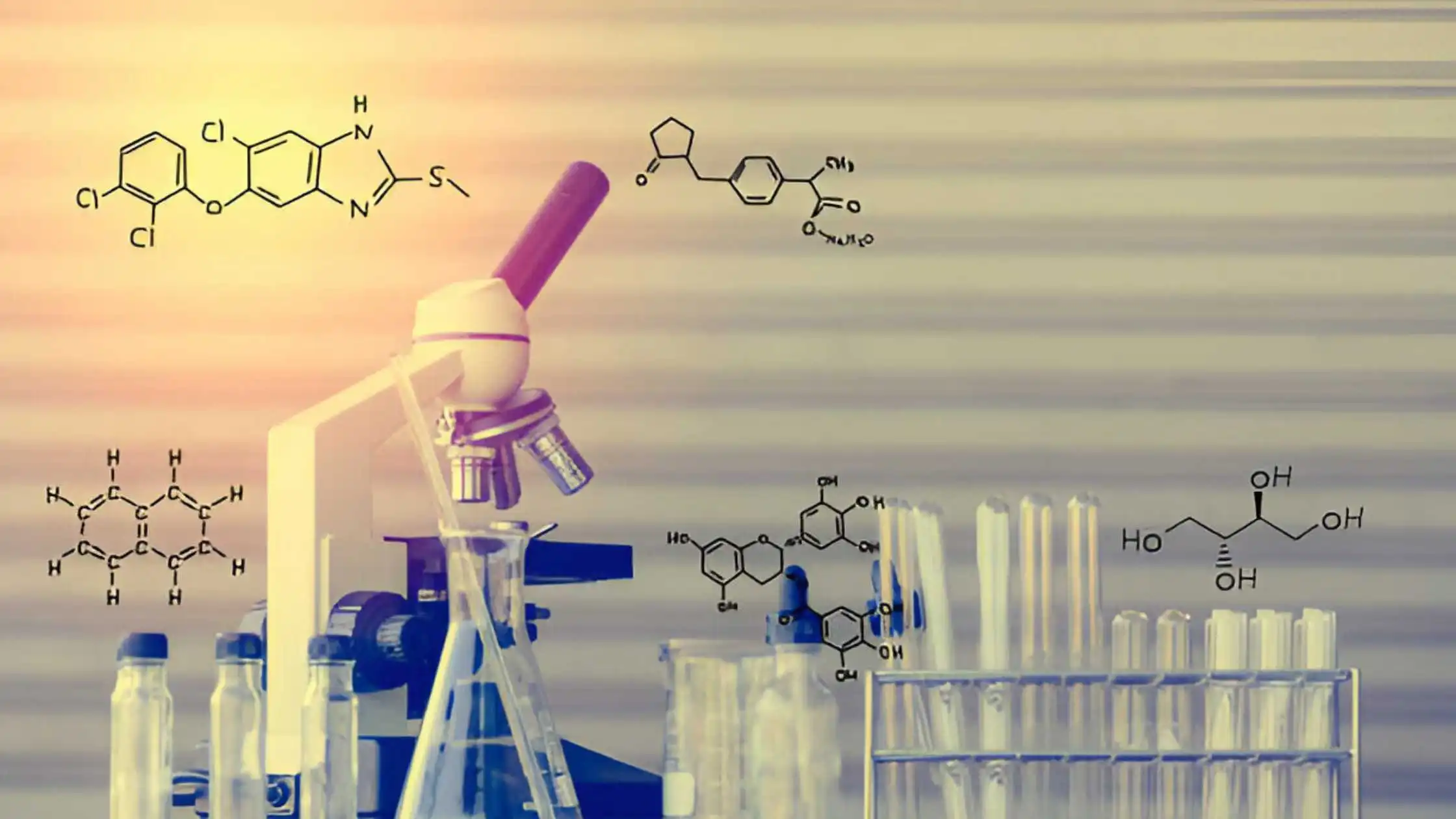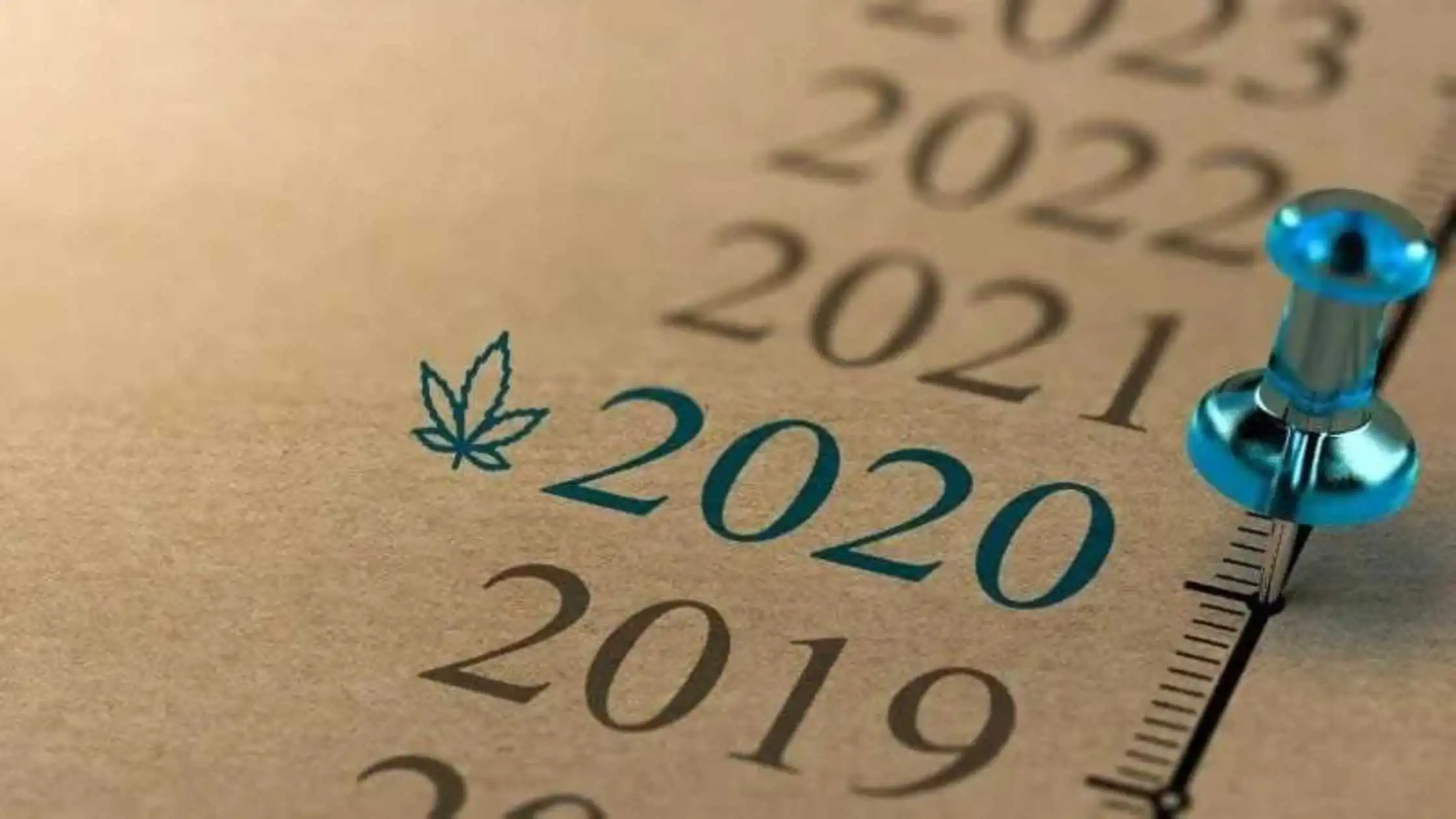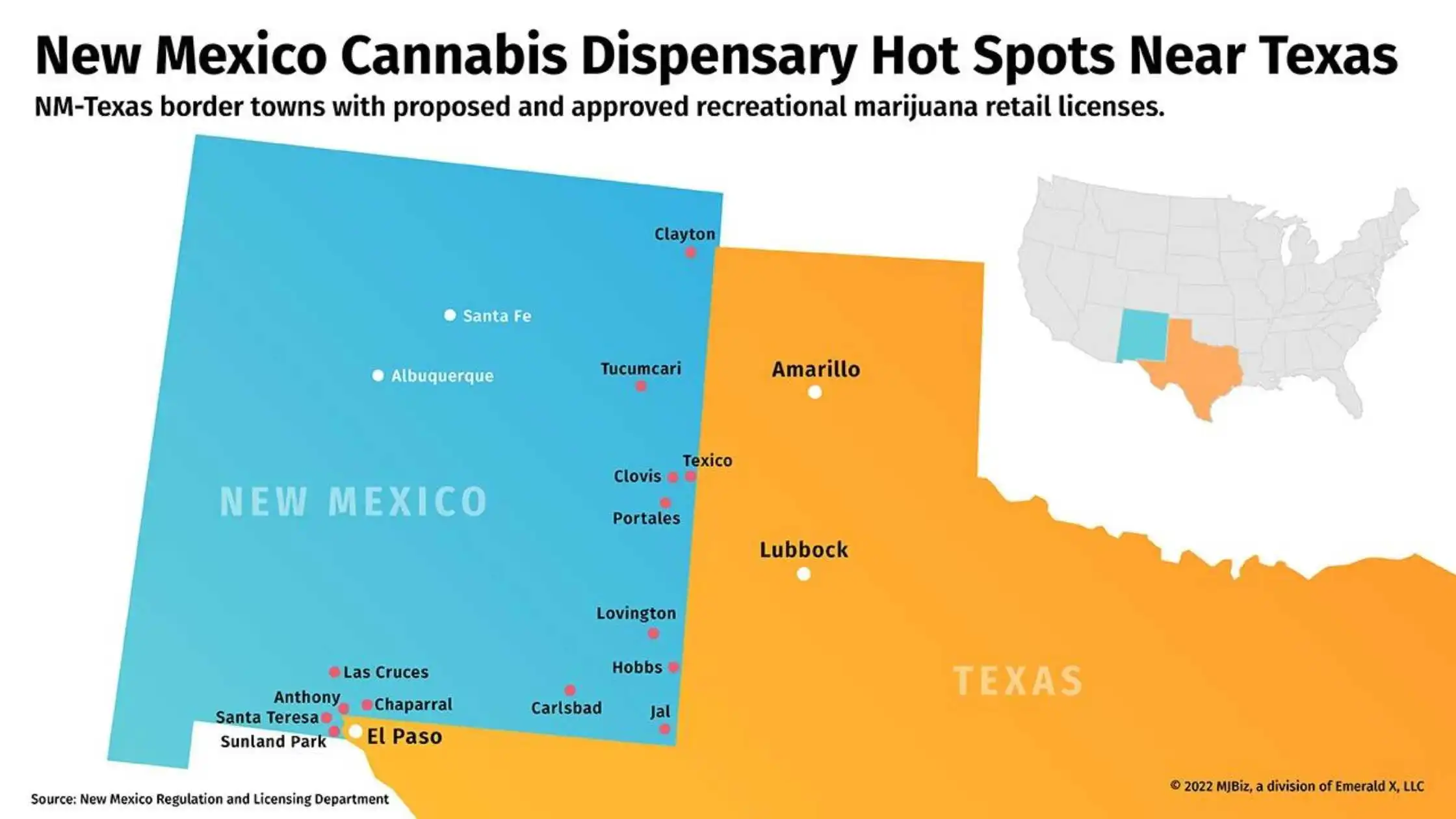Laboratories cannot reasonably ascertain a cannabis product’s composition with 100% certainty.
Many states with legal cannabis and cannabis-derived products require products to be tested by independent third-party testing laboratories.
The labs ensure that no product violates the regulatory requirements and specifications for contaminants and that products meet label requirements.
Most states require laboratories to be accredited to ISO/IEC 17025:2017, long recognized as the “gold standard” for testing and calibration laboratory quality assurance.
The critical element of a laboratory’s accreditation is the objective third-party verification of its technical competence. More than 60,000 laboratories worldwide have attained ISO/IEC 17025 accreditation. This standard is not new and was not developed for the cannabis industry.
All laboratories should aspire to earn third-party accreditation, but this achievement does not guarantee that they employ good science.
Reading between the lines
Accreditation means that the laboratory is technically competent to perform a specified scope of activities. The term “technically competent” doesn’t necessarily mean that the lab implements the best possible technical program.
I recently came across a guide to understanding the cannabis certificate of analysis (COA). I was sorely disheartened to read that “only an accredited laboratory can give precise results” and that the lab’s COA “provides an accurate report and 100% accurate information about the product composition.”
These statements are misleading.
Excellent laboratories in all industries can provide precise test results; this claim is not limited to accredited labs.
Similarly, cannabis and hemp testing labs are burdened by the matrix’s complexities to give “100% accurate information” about any sample—not to mention contributions from measurement error, bias and uncertainty.
As the arsenal of standard test methods continues to evolve, laboratories must develop some of their test methods.
ISO/IEC 17025 accreditation does not require laboratories to use specific instruments or materials or implement the most empirically sound methodology. The standard requires the laboratory to demonstrate technical competence for a specified scope of activities.
Know your limits
All labs should fully embrace the foundation’s intent in quality structured by ISO/IEC 17025. However, all interested parties must understand the limitations of accreditation.
First and foremost, even if a lab has attained accreditation, it is not guaranteed to implement a quality assurance program consistently.
Second, laboratory customers must share the responsibility to ensure the laboratory uses the most technically sound method to meet their needs. That is, customers must discuss their specific needs with laboratory candidates, and the laboratories should candidly disclose any limitations of their own technical programs—especially if the program does not meet the customer’s needs.
Finally, all laboratories should seek the most rigorous scientific program—even when not required by the standard.
Disclaimer: https://hempindustrydaily.com/is-the-gold-standard-in-laboratory-quality-assurance-really-golden/?cn-reloaded=1





